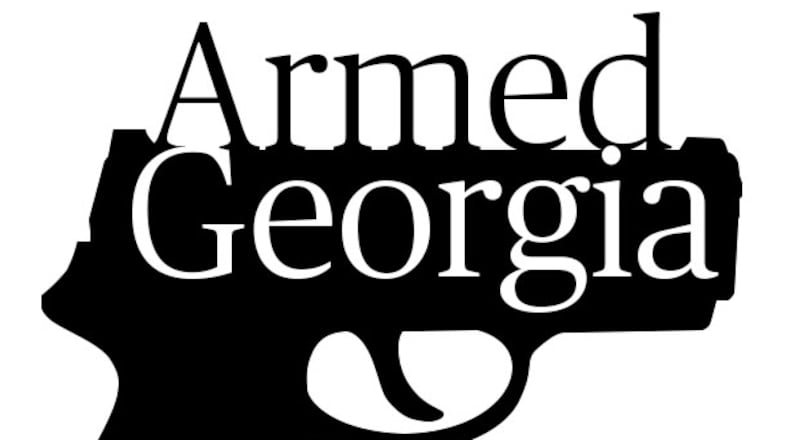A federal appeals court, in a case that has pitted the First Amendment against the Second Amendment, sided Thursday with free speech.
The 11th U.S. Circuit Court of Appeals ruled Thursday that Florida's so-called "Docs and Glocks" law, which prohibited doctors from asking patients about guns in the home, violated a physician's free speech rights.
The court upheld only one portion of that law — the part that said doctors could not discriminate against patients because of their support of the Second Amendment right to be armed.
The decision said the other three elements of Florida’s 2011 Firearms Owners’ Privacy Act were unconstitutional: the ban on asking patients about guns in the home, writing down their answers, and harassing patients.
Under the Firearms Owners’ Privacy Act, Florida doctors risked disciplinary action if they asked or harassed patients or the parents of patients about guns in their homes.
“As part of their medical practices, some doctors routinely ask patients about various potential health and safety risks, including household chemicals, drugs, alcohol, tobacco, swimming pools and firearms,” the ruling said. “A number of leading medical organizations, and some of their members, believe that unsecured firearms ‘in the home increase risks of injury, especially for minors and those suffering from depression or dementia.’
“In an effort to prevent and reduce firearm-related deaths and injuries, particularly to children, the American Medical Association ‘encourages its members to inquire as to the presence of household firearms as a part of childproofing the home and to educate patients to the dangers of firearms to children,’” the ruling said.
The American Academy of Pediatrics and the American Academy of Family Physicians also recommend pediatricians include questions about firearms when gathering a patient’s history.
The case was argued before the entire appeals court in June amid intensifying nationwide debate about guns and whether tighter restrictions would make the world safer.
The Florida Legislature adopted the law, sponsors said, to protect patients from being harassed by doctors who oppose firearms. During debate in 2011, one Florida legislator said his daughter’s pediatrician asked him to remove his gun from his home. Another lawmaker said a doctor refused to treat a constituent’s child because of guns in the house. Yet another Florida legislator recounted a complaint from a constituent that his health care provider falsely told him that disclosing firearm ownership was a Medicaid requirement.
The judges noted in the ruling that the law was based on only six such anecdotes.
A federal judge in Florida struck down the “Docs v. Glocks” law in the months after it passed. But in 2015 a federal appeals court three-judge panel in Atlanta upheld it 2-1, which set up the unusual “en banc” argument before 11 judges in June.
But even as the appeals court ruling was a win for advocates for tougher gun restrictions, on Wednesday the U.S. Senate voted 57-43 to block an Obama administration regulation that would have prevented gun purchases by about 75,000 people nationwide with mental disorders.
That rule required the Social Security Administration to send to a national database the names of beneficiaries with mental impairments who also have a third party manage their benefits.
About the Author
The Latest
Featured


